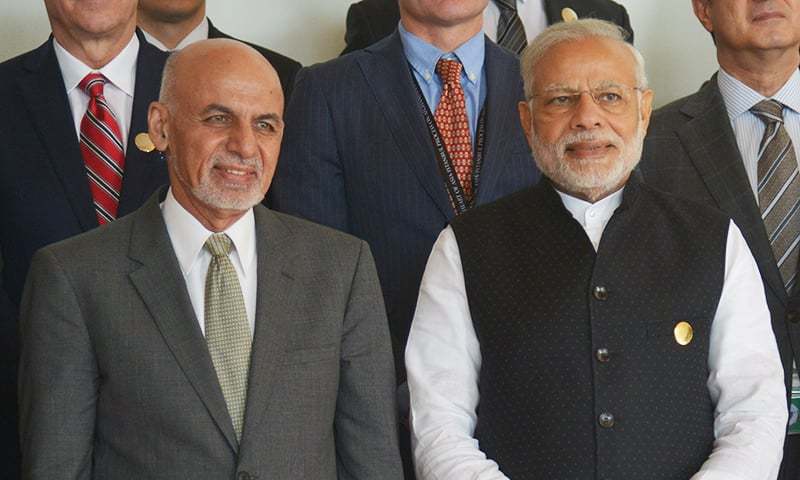The suggestion by the President of Turkey, Recep Tayyip Erdogan to resolve Kashmir issue through multilateral talks, with Turkey being the stakeholder, has been rejected by India. While Pakistan welcomed Mr. Erdogan’s offer for mediation in the dialogue process, India’s interest in the matter was lacking.
“Turkey will always be on the side of India in full solidarity while battling terrorism… And terrorists will be drowned in the blood they shed.”
– Erdogan
New Delhi’s statement while turning down the offer was that the Kashmir issue is a bilateral matter, for which India apparently is ready to hold talks. India also asserted that the primary problem between the two countries is cross-border terrorism. Turkey’s offer to play the role of a peacemaker between the two neighbors was thus turned down by India.
It is noteworthy that India’s unwillingness to use the good offices of Turkey is nothing new and a reiteration of its stated position on the issue, Hence, it shouldn’t come as a surprise to analysts and commentators alike.
Sartaj Aziz, on Tuesday, said in a strongly worded statement that he had no hopes in Indian ‘bilateral talks on Kashmir’ as it has “scuttled all opportunities for meaningful dialogue” on the issue for decades. He welcomed Erdogan’s call for a multilateral move to “strengthen the dialogue process among the stakeholders for resolving the Kashmir issue, and his call for a multilateral approach to settle the Jammu and Kashmir dispute… must be welcomed”.
Read more: Will Turkey become a Peacemaker between Pakistan and India over Kashmir?
Implications of India’s step
Kashmir issue has since long been affecting Indo-Pak relations and with this recent Indian refusal is a depiction of a continued inflexible stance on the conflict; this has all the hallmarks of an intractable issue.
India’s attitude towards Kashmir and Kashmiris has always been high-handed. The use of pellet guns, increasing violation of human rights, continued maltreatment of Kashmiris at the hands of Indian forces, followed by the recent social media ban in Kashmir, clearly depict Indian atrocities in the disputed territory against the Kashmiris.
The Indian attempt to portray the Kashmiri struggle as a story of ‘cross-border terrorism’ is deemed by many as a way that the Indian state legitimizes its killings of Kashmiri protestors; to gain the support of other countries. It must be asserted that the fresh wave of Kashmiri resistance is becoming a difficult proposition for the Indian state, deflection is hence important for the Modi Regime; the terrorism bogey is gaining traction of the international audience and establishment. Whilst, India, by putting the terrorist blame on Pakistan and selling it to the world as the “breeding ground for terrorists”, is trying to isolate Pakistan from rest of the world while diplomatically gaining support in its effort.
Indian Ministry of External Affairs Spokesperson Gopal Baglay had earlier said, when rejecting the Turkish President’s offer, alluding to Pakistan that the Kashmir issue has a “prominent dimension of cross-border terrorism” that needs to be stopped by ”
Sartaj Aziz has strongly rejected Baglay’s statement, saying: “India’s contention that Kashmir issue is, primarily, an issue of cross-border terrorism, is a claim that no one in the world is prepared to accept today.”
With India not staying open to dialogue and denying foreign peacemaking offers, can there be a little hope for Kashmiri people?
Turkey has assured India of its full fledge support in the fight against terrorism. While condemning the April 24 attack in Sukma where 25 CRPF personnel lost their lives, Erdogan said, “Turkey will always be on the side of India in full solidarity while battling terrorism… And terrorists will be drowned in the blood they shed.”
Read more: A Restrictive foreign policy: Is India inviting trouble?
Gopal Baglay, has stated that India would take action against the presence of Fethullah Gulen Terrorist Organization (FETO) in India; and an agreement took place for tackling this menace as it is a threat to both the countries.
If anything, the Kashmir conundrum will continue to flare up tensions between the two South Asian neighbors in the days to come.














